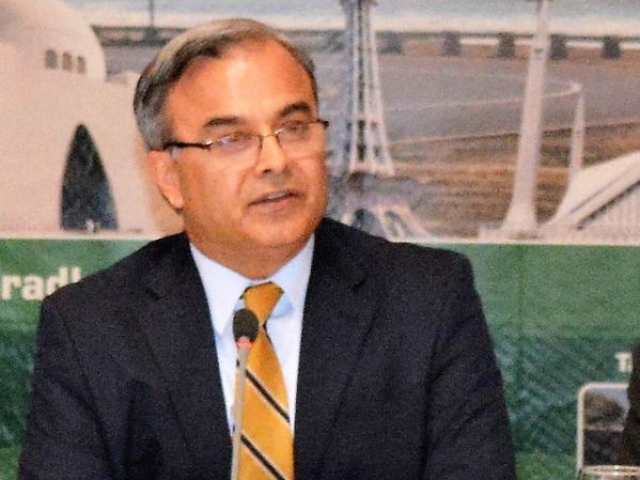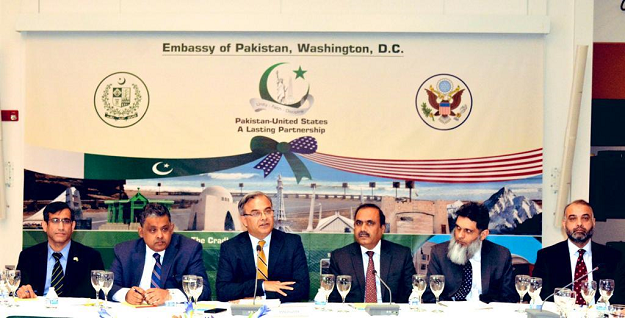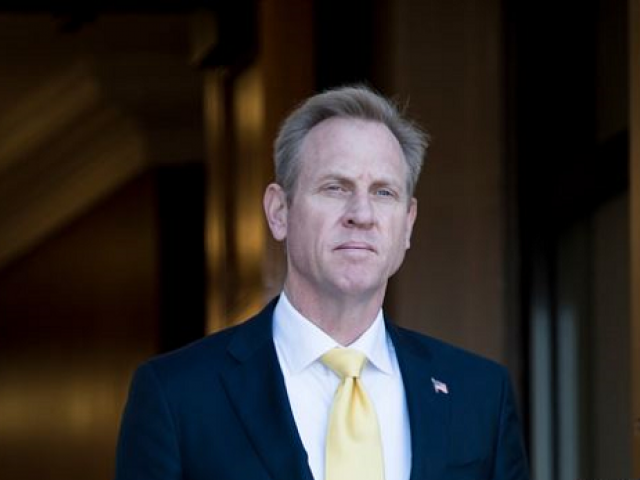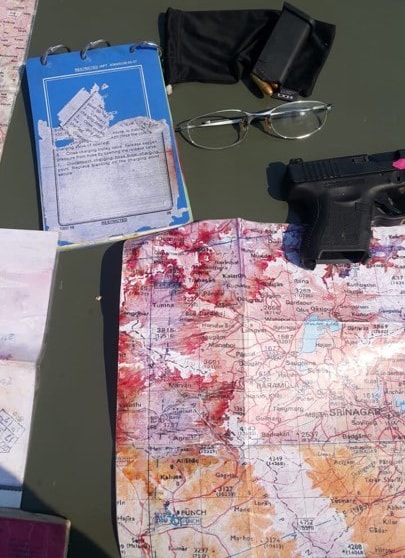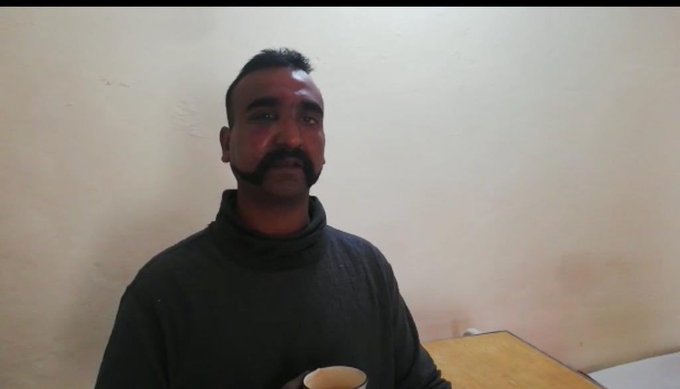New Zealand mosque attacks: Who is Brenton Tarrant?
'Narcissistic' right-wing Australian attacker allegedly behind Christchurch shooting was not known to authorities.
 |
| Tarrant has spent little time in Australia in the past four years and only had minor traffic infractions on his record |
Melbourne, Australia - The Australian man allegedly responsible for livestreaming a massacre of Muslims as they prayed in New Zealand mosques was previously not known to security agencies in Australia or New Zealand, authorities have said.
Brenton Tarrant, 28, accused of carrying out attacks on two mosques in Christchurch on Friday that resulted in the deaths of at least 50 people, including children, was charged with murder as he appeared in a district court on Saturday.
Tarrant, described by Australia's Prime Minister Scott Morrison as an "extremist, right-wing, violent terrorist", expressed admiration for other violent white nationalists and his intention to "create an atmosphere of fear" and to "incite violence" against Muslims.
Bob Parker, a former Christchurch mayor, said it was unclear why security agencies weren't aware of the threat Tarrant posed.
"I think there are questions to be asked about why this wasn't picked up by authorities. There does seem to be a significant amount of information that was put online sometime before this attack took place, and it does not seem to have rung alarm bells in the right places,"
New Zealand Prime Minister Jacinda Ardern said at a media conference that Tarrant was not on a "terrorist" watch list.
"This individual was not on any watch list for either New Zealand or Australia," she said. "What I've sought from [security] agencies is further work to ascertain whether or not he should have been."
Personal trainer
An Australian Federal Police (AFP) spokesperson confirmed to "the man was not known to police in Australia for violent extremism or serious criminal behaviour". Three other suspects were detained along with Tarrant on Friday, but police now say he acted alone.
"The NSW joint counterterrorism team has begun an Australian based investigation to assist New Zealand police," the AFP spokesperson said. "With an investigation under way, it is not appropriate to provide further comment."
Tarrant has spent little time in Australia in the past four years and only had minor traffic infractions on his record, authorities said. He had worked as a personal trainer at the Big River Gym in Grafton, a small city 500 kilometres northwest of Sydney.
After his father died in 2011, Tarrant used his inheritance to travel internationally, including to France where he claimed to have seen an "invasion" of immigrants.
The gym's owner Tracey Gray told Australian media, "I think something must have changed in him during the years he spent travelling overseas… Somewhere along the lines, experiences or a group have got a hold of him."
The suspect's grandmother Marie Fitzgerald agreed.
"The media is saying he's planned it for a long time so he's obviously not of sound mind I don't think. It's only since he's travelled overseas that that boy has changed completely from the boy we knew," she told Channel Nine television.
Delusional, dangerous
"The origins of my language is European, my culture is European, my political beliefs are European, my philosophical beliefs are European, my identity is European and, most importantly, my blood is European," in a 74-page so-called manifesto posted online prior to the attacks.
It detailed an anti-immigration, neo-fascist ideology lamenting the supposed decline of European civilisation. While describing himself as a "regular white man", Tarrant speculated he might get 27 years in prison just like Nelson Mandela and be awarded a Nobel Peace Prize.
Responding to his own question "Is there a particular person that radicalised you the most?" "Yes, the person that has influenced me above all was [US conservative commentator] Candace Owens… Each time she spoke I was stunned by her insights and her own views helped push me further and further into the belief of violence over meekness."
Professor Greg Barton, chair of global Islamic politics at the Alfred Deakin Institute for Globalisation & Citizenship, characterised Tarrant as having an "unhealthy narcissism" common among "terrorists".
"I think he was drawn by this dark fantasy of going zero to hero, like an Anders Behring Breivik, like the Quebec City mosque shooting of January 2017," said Barton.
"It had to be imported from Australia," he added, referring to the Islamophobic ideology that motivated the attack, "coinciding with that access to assault weapons".
While known for having more moderate politics, New Zealand has relatively lax gun laws in comparison with its larger neighbour.
'Right-wing terror'
Asked why the perpetrator would not have been on a "terrorism watch list", Barton said, "There are so many people posting the sort of thing that Brenton Tarrant was posting, that they just don't raise any alarms. There is a large cloud of right-wing extremism online."



